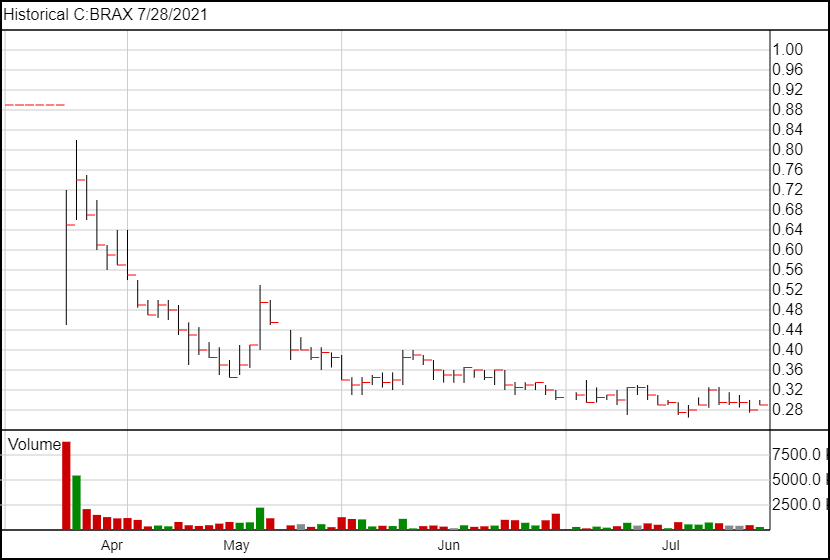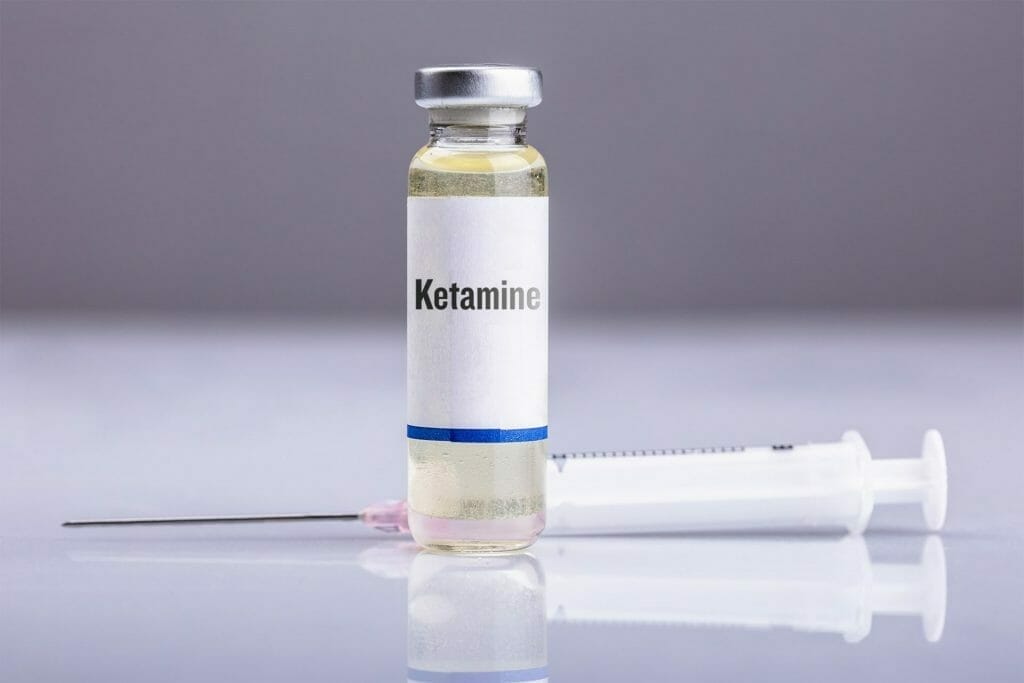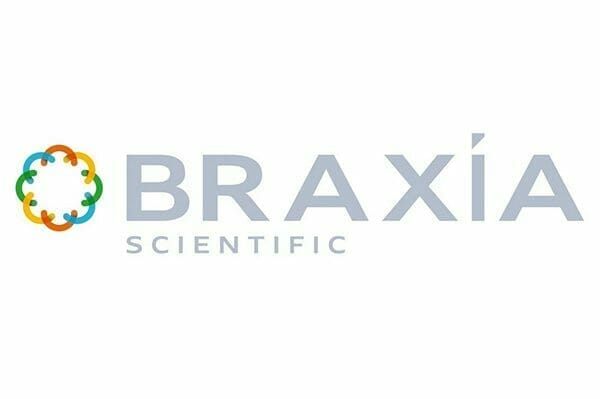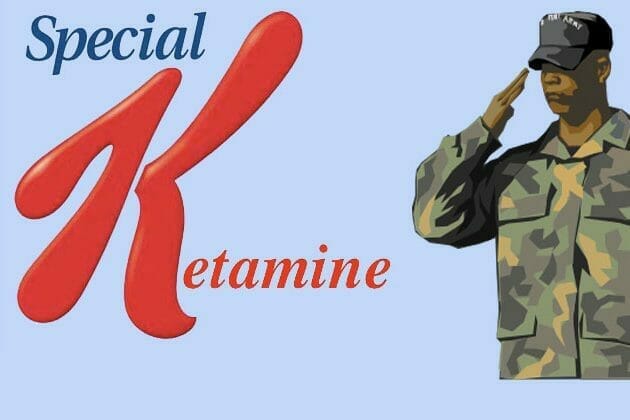Braxia Scientific’s (BRAX.C) CEO Dr. Roger McIntyre and Chief Medical and Scientific Officer Dr. Josh Rosenblat have received $918,000 from the Canadian Institutes of Health Research (CIHR), the Government of Canada’s federal funding agency for health research.
The CIHR funding will be used to compare the effectiveness of intravenous (IV) ketamine assisted internet-based cognitive behavioural therapy (iCBT) and your garden variety, non-intravenous ketamine assisted iCBT.
“The results of this study will have tremendous implications for public health and will inform the feasibility of integrating virtual health platforms with IV ketamine, which is a research and development priority for Braxia Scientific,” said Dr. McIntyre.
“In addition to offering rapid and significant symptom relief in adults with depression, ketamine has also demonstrated rapid reductions in suicidality in people with depression. It is separately reported in the biomedical literature that cognitive behavioural therapy may also reduce suicidality, but requires several weeks to months before reductions in suicidality are significant.”
This funding is significant for a few reasons. First, it’s basically free money for Dr. McIntyre and Dr. Rosenblat from the Canadian government, which is always nice. Second, if they can gather evidence that doing ketamine actually makes CBT and iCBT more effective, that will be a major milestone because CBT is already one of the more effective therapeutic interventions. Personally, as a sceptic of most current therapeutic practices (hence my interest in new forms of psychotherapy that involve psychedelics), even I have to admit CBT is legit.
Unlike Freudian psychoanalysis, CBT is actually evidence-based. It’s also constantly incorporating new evidence to improve CBT treatments, meaning if Dr. McIntyre and Dr. Rosenblat can show that taking ketamine alongside iCBT is more effective, iCBT practitioners are likely to be very receptive to that evidence.
“The public health imperative to reduce suicidality in the general population provides the rationale for identifying scalable strategies,” added Dr. McIntyre. “Integrating ketamine with CBT provides an opportunity to rapidly reduce suicidality and sustain the effect over the long term. Moreover, the availability of telehealth networks provides the opportunity to scale this important treatment, and has been shown to be effective and highly acceptable to patients.”
As I’ve said, CBT has already been found to be very effective, even without ketamine, causing a significant drop in suicidality when compared to a control group. While many psychedelic companies are putting up their methods against things like SSRIs, which often don’t work, Braxia is trying to improve on an effective method, meaning any success will be much more significant.
The clinical study will take place at the Mississauga location of Braxia’s subsidiary, the Canadian Rapid Treatment Centre of Excellence (CRTCE). CRTCE was established in 2018 and specialises in using ketamine to treat mood disorders.
In congratulating Dr. McIntyre on his success in the recent funding competition, CIHR wrote, “As health researchers, we are united by a common goal: to improve the health and well-being of Canadians and people throughout the world. Through CIHR, the Government of Canada provides vital support to Canadian researchers, spanning the tightly linked pillars of health research, with the ultimate goal of improving health for all Canadians.”

Following the news, Braxia shares are up 1 cent and are trading at $0.29.






